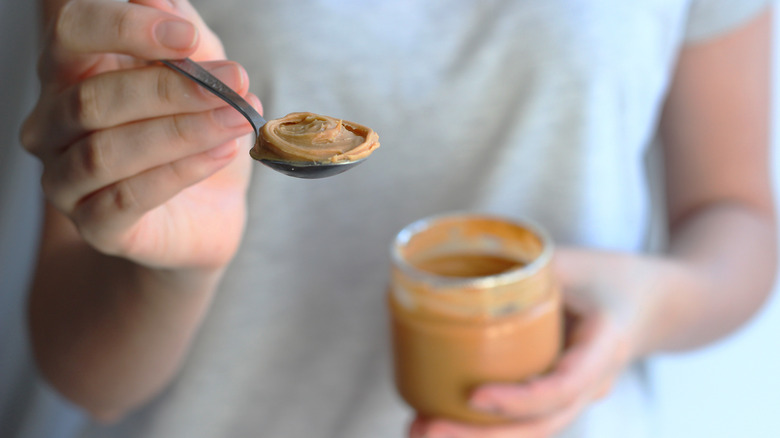What Is A Sugar Crash And How Can You Avoid It?
You have probably experienced a sugar crash — that sometimes overwhelming sense of tiredness that often occurs after eating something sweet, like ice cream or a piece of pecan pie. This phenomenon, called reactive hypoglycemia, is the result of your body reacting to the overload of simple carbohydrates in your blood. Simply put, your body is producing insulin at a rapid pace to level out the sugar in your blood. As a result, your glucose levels fall, which results in a lack of energy (via Sanford Health).
But it is not just sugar that can lead to this kind of crash. If you have an unhealthy diet or a diet that consists mainly of highly refined carbohydrates, you could also experience a sugar crash. Overconsumption of alcohol and even extreme exercise can lead to one of these crashes. Interestingly, some illnesses and medications can also cause you to have a sugar crash (via LiveStrong).
How to prevent a sugar crash
Whatever is causing you to experience a sugar crash, you'll want to know how to avoid it. One way to prevent a sugar crash is to eat sugary foods along with some protein. Your body metabolizes sugar quickly, but it processes protein at a much slower rate. Therefore, when pairing sugar with protein, the protein acts like a buffer, slowing down how much sugar your body absorbs (via Well + Good). You can also eat some healthy fats with sugar for the same reason. For example, a tablespoon of peanut butter, which has both fat and protein, is a good way to help slow the absorption of sugar (via The Healthy).
Another way to steer clear of a sugar crash is to get your body moving. While your first instinct may be to want to take a nap, the best thing for your body is a little activity, which forces it to use some of that excess sugar in your blood for energy. A simple 15-minute walk can help lower your blood sugar, which can help fight a crash (via American Diabetes Association).


